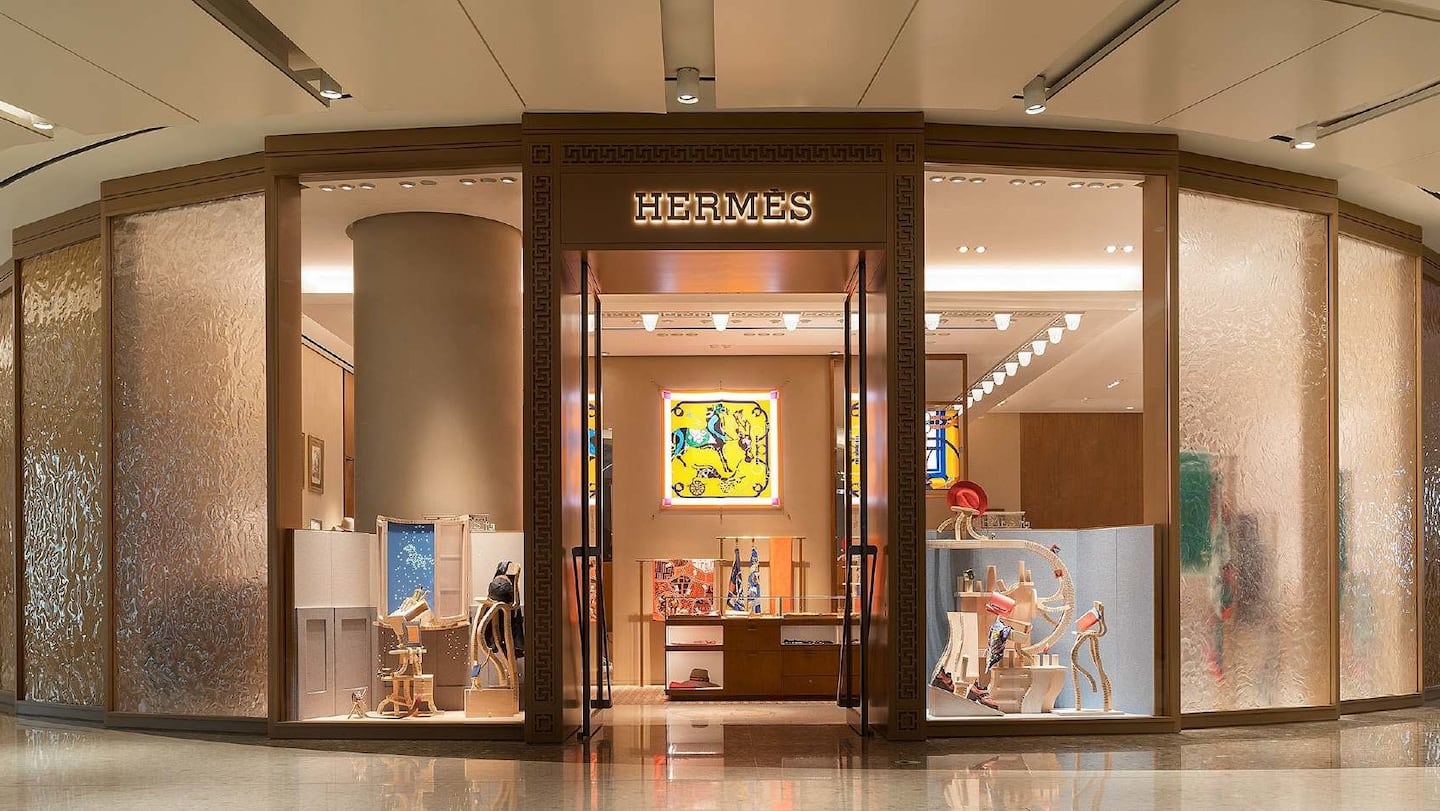
The Business of Fashion
Agenda-setting intelligence, analysis and advice for the global fashion community.

Agenda-setting intelligence, analysis and advice for the global fashion community.

MILAN, Italy — Birkin handbag maker Hermès said on Wednesday it was starting to see a return to normality in China, with just four of its 43 stores on the mainland and areas like Hong Kong and Macau still closed due to the coronavirus outbreak.
Luxury goods companies such as Hermès are facing a sales hit from the outbreak as they have had to shutter shops and shelve advertising campaigns in the world's second-largest economy, while fewer Chinese tourists have been traveling both at home and abroad.
Chinese shoppers account for a third of the luxury goods industry's clientele.
"Until 10 days ago we were in a situation of closing stores, now we are in a situation of re-opening them," Hermès Chief Executive Axel Dumas told reporters, adding that it was too early to estimate the impact of the health crisis on its group.
ADVERTISEMENT
He said that at one stage Hermès had been forced to close 11 of its stores in greater China due to the emergency.
"We are seeing a potential return to normality in China," he added. Around 80 percent of Hermès' manufacturing capacity is based in France, so the company was not suffering from disruptions to its supply chain, Dumas said.
None of Hermès' productions facilities in Italy, the European country with the biggest number of coronavirus cases as the outbreak spreads beyond Asia, have been shut so far, he said.
The French firm, also known for its silk scarves, reported a slowdown in sales growth in the fourth quarter of 2019 to €1.87 billion ($2.03 billion), hit, along with rivals, by protests in Hong Kong and the impact of a sales tax increase in Japan.
That was up 10.7 percent at constant exchange rates, broadly in line with analyst expectations, and compared with sales growth of 15 percent in the third quarter.
By Silvia Aloisi; editors: Sarah White and Louise Heavens.
The group’s flagship Prada brand grew more slowly but remained resilient in the face of a sector-wide slowdown, with retail sales up 7 percent.
The guidance was issued as the French group released first-quarter sales that confirmed forecasts for a slowdown. Weak demand in China and poor performance at flagship Gucci are weighing on the group.
Consumers face less, not more, choice if handbag brands can't scale up to compete with LVMH, argues Andrea Felsted.
As the French luxury group attempts to get back on track, investors, former insiders and industry observers say the group needs a far more drastic overhaul than it has planned, reports Bloomberg.